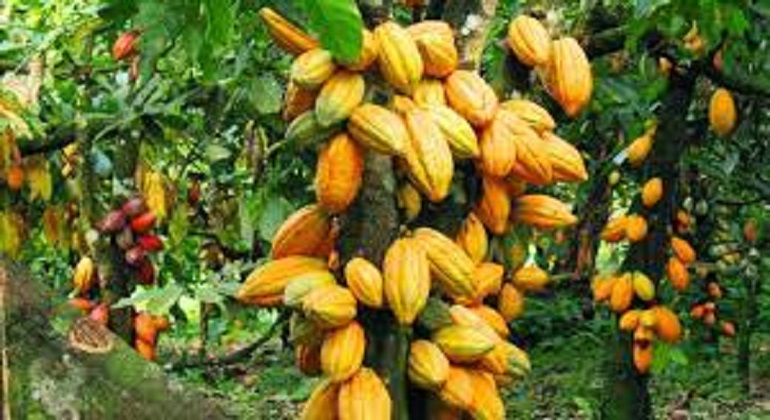Cross River State, situated in the southern part of Nigeria, is not only known for its lush green landscapes and biodiversity but also for its significant contributions to the cocoa value chain. The state’s commitment to agricultural excellence has propelled it into a key player in Nigeria’s cocoa industry, fostering economic growth and sustainability.
Cocoa Cultivation
At the heart of the cocoa value chain in Cross River is cultivation. The state’s favorable climate, with its adequate rainfall and rich soils, creates an ideal environment for cocoa farming. Across various local government areas, farmers are engaged in the meticulous cultivation of cocoa, cultivating varieties renowned for their quality and flavor.
Challenges in Cocoa Cultivation
Despite its prominence, cocoa cultivation faces challenges such as aging cocoa trees, pests, and diseases. Farmers in Cross River are actively involved in rejuvenating their cocoa plantations through the replanting of new and disease-resistant varieties. Collaborations with agricultural extension services have been instrumental in disseminating best practices for sustainable cocoa farming.
Harvesting and Post-Harvest Processing
Once the cocoa pods are ripe, the harvesting process begins. Cross River farmers, with a keen eye on quality, engage in careful harvesting and post-harvest processing. The extraction of cocoa beans is followed by fermentation and drying, crucial steps that contribute to the distinctive flavor profiles of Cross River cocoa.
Processing and Value Addition
The cocoa value chain in Cross River extends beyond cultivation, with a growing emphasis on processing and value addition. Entrepreneurs and cooperatives have established cocoa processing units equipped with modern machinery for cleaning, roasting, and grinding cocoa beans. This not only adds value to the raw cocoa but also creates employment opportunities and positions Cross River as a hub for quality cocoa products.
Market Access and Distribution
Access to markets is vital for farmers and processors alike. Cross River’s strategic location and well-connected transportation networks facilitate the distribution of cocoa products to both local and international markets. Strengthening market linkages and exploring partnerships with chocolate manufacturers can further enhance the market presence of Cross River cocoa.
Government Interventions
Recognizing the importance of the cocoa value chain, the Cross River State government has implemented initiatives to support cocoa farmers and processors. This includes providing access to improved cocoa seedlings, offering financial incentives, and investing in research and development to address challenges in the sector.
Capacity Building and Training
To ensure the sustainability of the cocoa value chain, capacity building and training programs have been instrumental. Cocoa farmers and agribusinesses in Cross River receive training on modern farming techniques, pest and disease management, and post-harvest handling, empowering them to enhance productivity and product quality.
Quality Control and Certification
Maintaining high-quality standards is paramount for cocoa products. Cross River State places a strong emphasis on adherence to quality control measures and obtaining necessary certifications, ensuring that its cocoa products meet both national and international standards.
The Way Forward
To unlock the full potential of the cocoa value chain in Cross River, a comprehensive approach is essential. This includes continued investment in research and technology, infrastructure development, and supportive policies. Collaboration between the government, private sector, and local communities is pivotal for overcoming challenges and ensuring sustained growth in the cocoa industry.
In conclusion, Cross River State’s cocoa value chain stands as a testament to the state’s dedication to agricultural excellence. By addressing challenges, fostering innovation, and promoting value addition, Cross River is well-positioned to continue making significant contributions to Nigeria’s cocoa industry, playing a pivotal role in global cocoa production.

